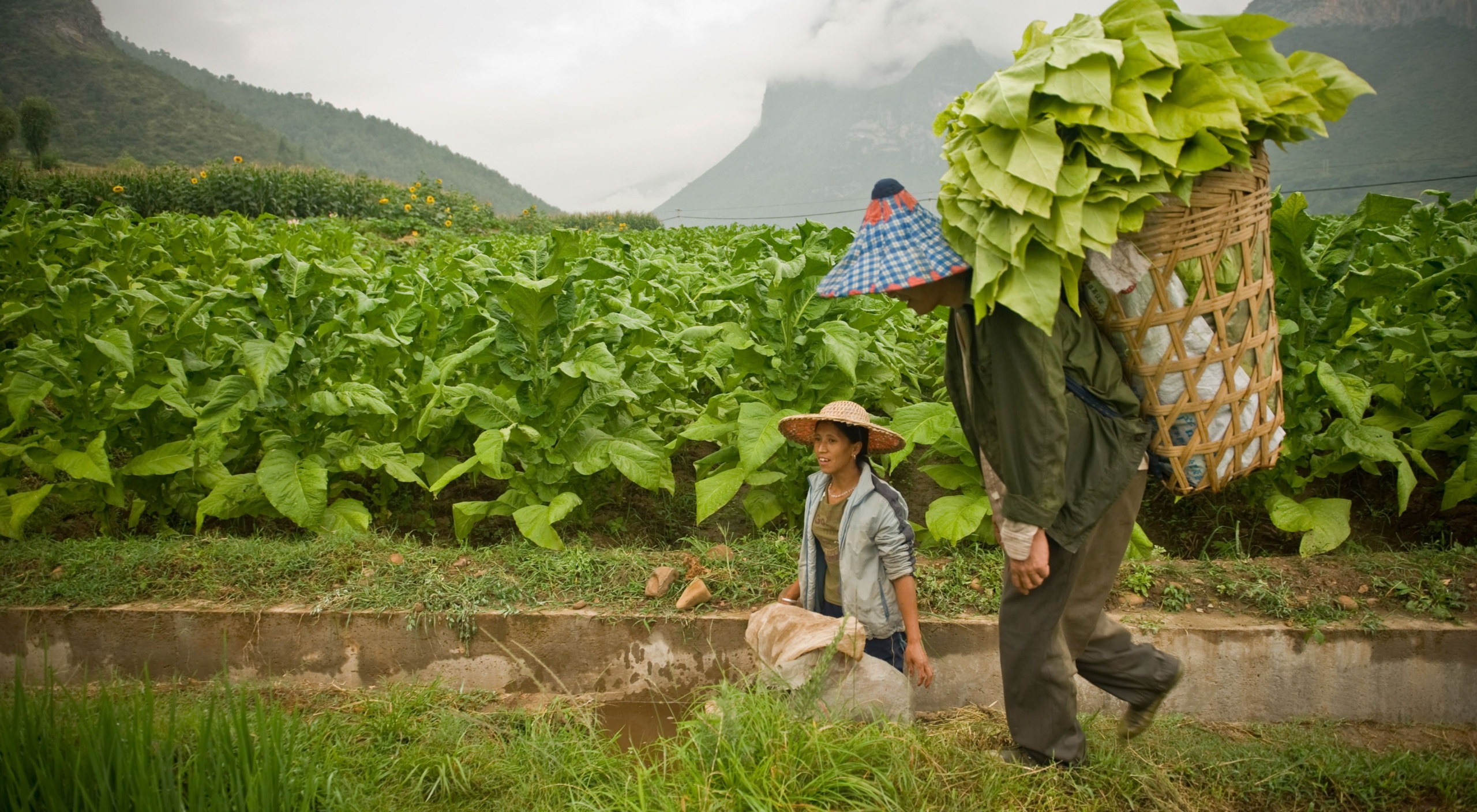Climate Change Impact on Asian Agriculture: Small-Scale Farming Resilience and the Need for Holistic Climate Services
By: IAAS Secretariat
The Eco Business article, published on September 7, 2023, underscores the significant impact of climate change on Asian agriculture, especially small-scale farming in China. It highlights the pressing need for comprehensive climate services that go beyond basic weather data provision. The Deloitte Insight2Action report warns of a potential global loss of US$178 trillion by 2070 due to extreme climate change, with agriculture facing high vulnerability. Recent extreme weather events in Beijing resulted in a staggering $7.6 billion loss in the agriculture sector.
The article also delves into climate-resilient practices embraced by small-scale farmers, including mid-season harvesting, eco-friendly farming methods, and the utilization of ecological ponds for fish farming. Despite their dedication, these farmers often grapple with additional expenses in the aftermath of disasters and lack crucial resources like drought-resistant water reserves, technological guidance, and financial support.
Furthermore, the author expresses concerns regarding the effectiveness of government-supplied weather alerts and advocates for a more comprehensive approach to Climate Services. This expanded approach should encompass historical climate data, continuous monitoring, greenhouse gas emissions-based forecasting, and impact prediction, equipping farmers with the tools for enhanced preparedness and adaptation. Additionally, the article promotes the idea of Climate Change Services that extend their benefits beyond agriculture to encompass other government sectors like energy and transportation in developing robust climate risk mitigation policies.
The article lends support to Impact-based forecasting (IBF), a method that integrates weather and climate predictions with socioeconomic factors to assess vulnerability levels. It underscores the urgency of implementing systematic and multifunctional adaptation to climate change as a top priority.
> Source: CLICK HERE




